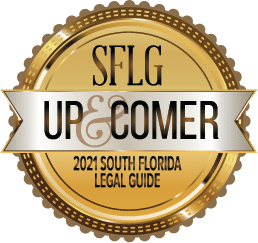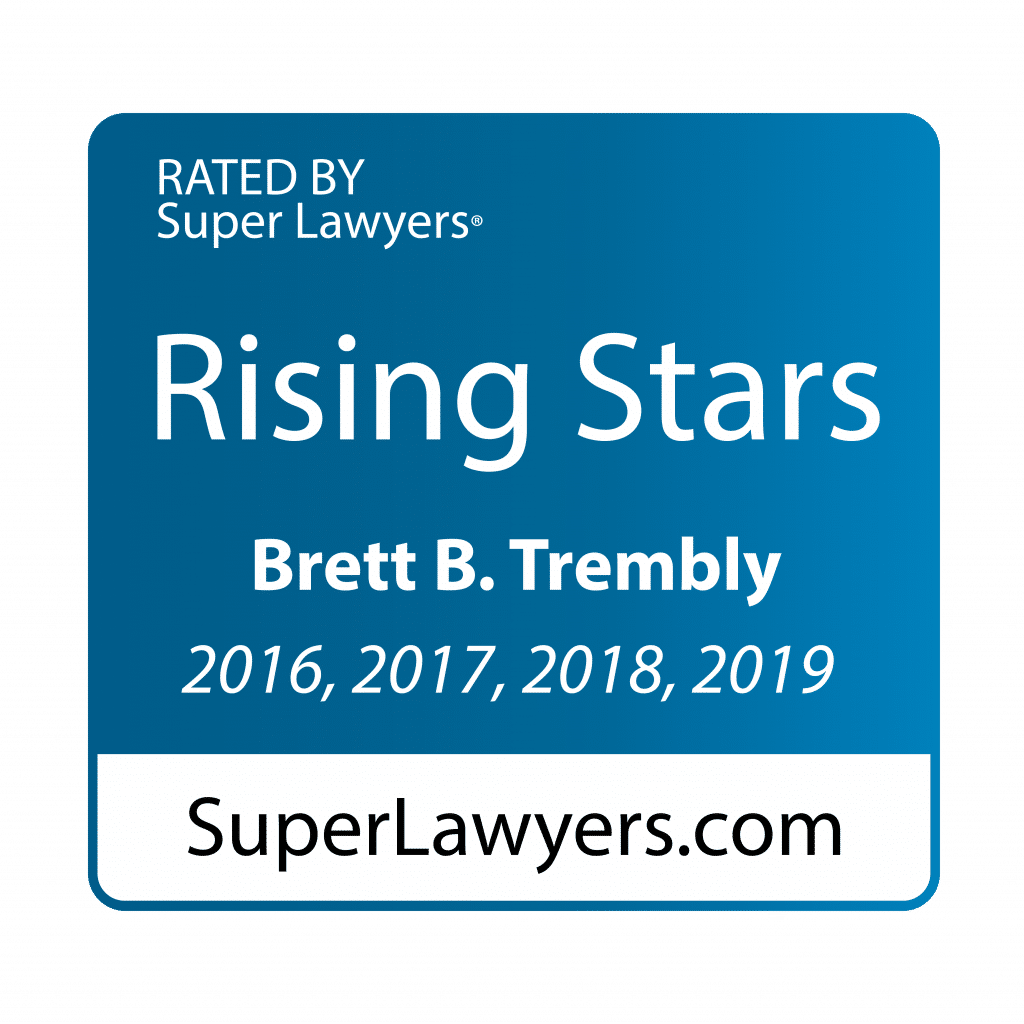As a director or officer in a corporation, there are many duties you must live up to. Chief among these is the duty of good faith. The duty of good faith stands for the principle that directors and officers of a corporation, in making decisions in their capacities as corporate fiduciaries, must act with a conscious regard for their responsibilities as fiduciaries. However, what constitutes good faith may be a murky area for courts. Melvin Eisenberg advanced one way of determining whether a director or officer has lived up to the duty of good faith. Whether or not it is appropriate, however, is another debate.
Eisenberg’s view on duty of good faith includes four elements. The first element is subject honesty, or sincerity, in that the director or officer believes that the action was truly in the best interests of the corporation. The next element is to not violate generally accepted standards of decency applicable to the conduct of business. This is a more objective standard that looks to the norms of decency in the industry. The third element is to not violate generally accepted basic corporate norms, which specifically concentrates on the actions of other corporate actors. Finally, the action must have been the result of fidelity to the office.
Whether or not Eisenberg’s view works is another issue. The four elements he advances attempt to incorporate subjective and objective standards, but often mix the two. What specifically defines corporate norms is subject to debate based on the views advanced by either side of litigation. Further, they are subject to great manipulation. A corporate officer or director can retroactively say they believed the action taken was sincerely in the best interest of the corporation, when in reality it was not. The four elements of Eisenberg’s view, therefore, leave much to interpretation, and perhaps should not be utilized by the courts.
What defines good faith is often subject to great debate. Melvin Eisenberg had attempted to resolve this debate. Some courts have accepted his view, and some have not. It’s important to understand that there is no single definition of good faith. Having the right legal team in your corner if you are facing accusations of bad faith can make the difference. Call the Trembly Law Firm at (305) 431-5678 today to schedule a consultation.

















